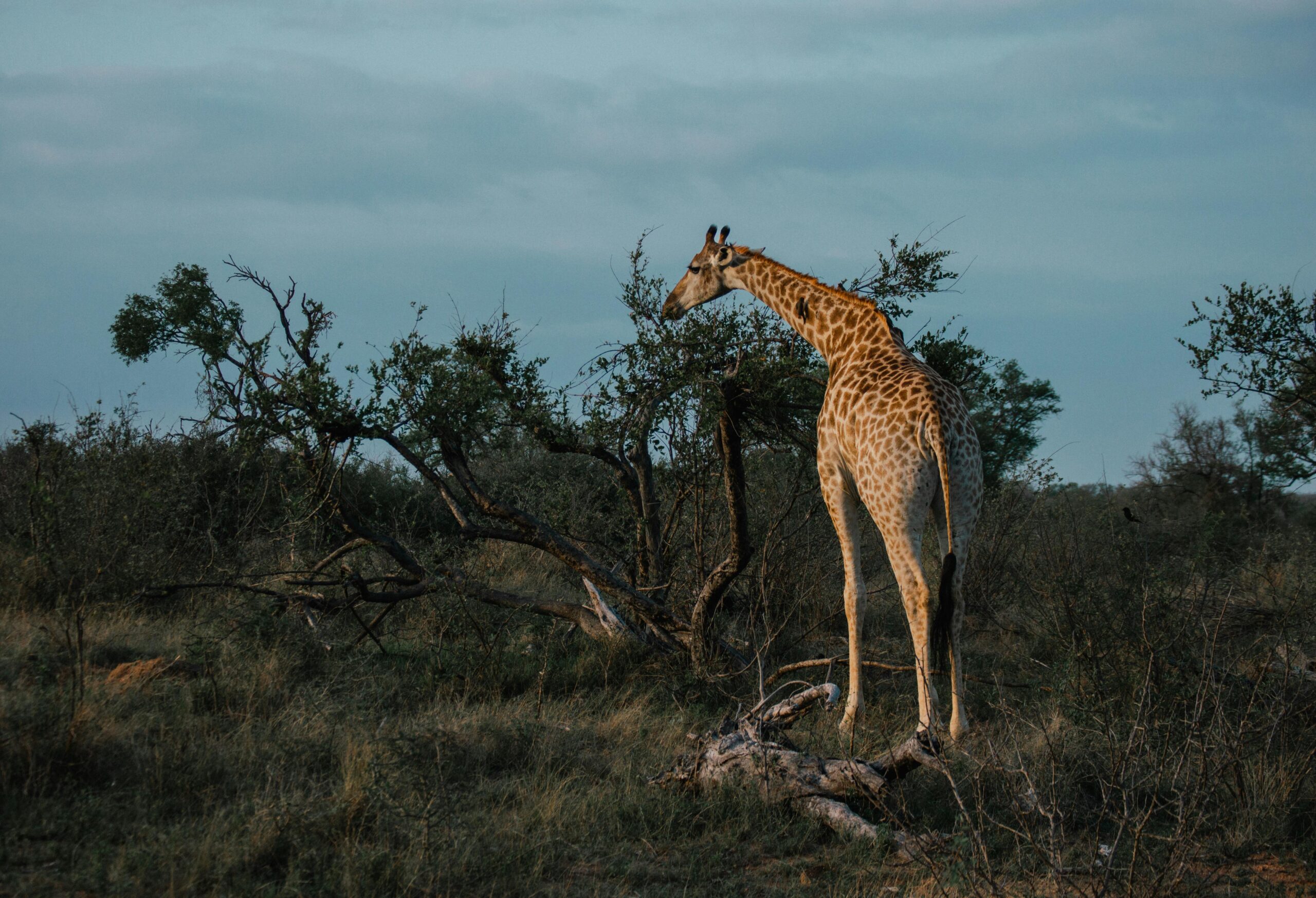Exploring the Majesty of the World’s Largest Animals

Introduction:
From the depths of the ocean to the sprawling landscapes of the savanna, the Earth is home to an astonishing array of creatures, each with its own unique characteristics and significance. Among these diverse inhabitants, some stand out for their sheer size, captivating our imagination and awe. In this article, we embark on a journey to discover the largest animals on our planet, exploring their remarkable features and the vital roles they play in their ecosystems.
The Blue Whale: A Giant of the Oceans Towering over all other creatures on Earth, the blue whale (Balaenoptera musculus) reigns as the largest animal to have ever existed. This magnificent marine mammal can reach lengths of up to 100 feet (30 meters) and weigh as much as 200 tons. To put this into perspective, the heart of a blue whale alone can be the size of a small car, beating just a few times per minute to sustain its colossal body.
Blue whales are renowned for their distinctive blue-gray coloration and streamlined bodies, perfectly adapted for life in the open ocean. They traverse vast distances in search of krill, their primary food source, filtering thousands of gallons of seawater through their baleen plates each day. Despite their immense size, blue whales are graceful swimmers, capable of reaching speeds of up to 20 miles per hour when necessary.
Despite their colossal size, blue whales are not invulnerable. They face numerous threats, including collisions with ships, entanglement in fishing gear, and habitat degradation due to climate change. Conservation efforts are underway to protect these magnificent creatures and ensure their continued survival in the world’s oceans.
The African Elephant: A Titan of the Land On the vast savannas and forests of Africa, another giant roams—the African elephant (Loxodonta africana). Known for its impressive size and distinctive tusks, this iconic species holds the title of the largest land animal on Earth. Male African elephants, or bulls, can stand up to 13 feet (4 meters) tall at the shoulder and weigh as much as 14,000 pounds (6,350 kilograms).
African elephants play a crucial role in their ecosystems, shaping landscapes and dispersing seeds as they roam vast territories in search of food and water. They are highly intelligent and social animals, forming tight-knit family groups led by the oldest and most experienced females, known as matriarchs.
Despite their revered status, African elephants face significant threats, including poaching for their ivory tusks, habitat loss due to human encroachment, and conflicts with farmers over land and resources. Conservation efforts are underway to protect these magnificent creatures and secure their habitats for future generations.
The Colossal Squid: A Deep-Sea Enigma In the mysterious depths of the ocean, where sunlight scarcely penetrates, lurks another giant—the colossal squid (Mesonychoteuthis hamiltoni). Although elusive and rarely seen alive, this deep-sea dweller is believed to be one of the largest invertebrates on the planet, with eyes the size of dinner plates and tentacles equipped with sharp, rotating hooks.
Colossal squids inhabit the icy waters of the Southern Ocean, where they prey on fish, other squid species, and even deep-sea predators such as the sperm whale. Despite their formidable size and arsenal of defenses, much about these enigmatic creatures remains unknown, making them a subject of fascination and study for marine biologists.
Conclusion: The world’s largest animals inspire us with their sheer size, beauty, and resilience in the face of numerous threats. From the majestic blue whale to the iconic African elephant and the mysterious colossal squid, these magnificent creatures remind us of the extraordinary diversity of life on Earth and the importance of protecting and preserving our natural world for generations to come.



